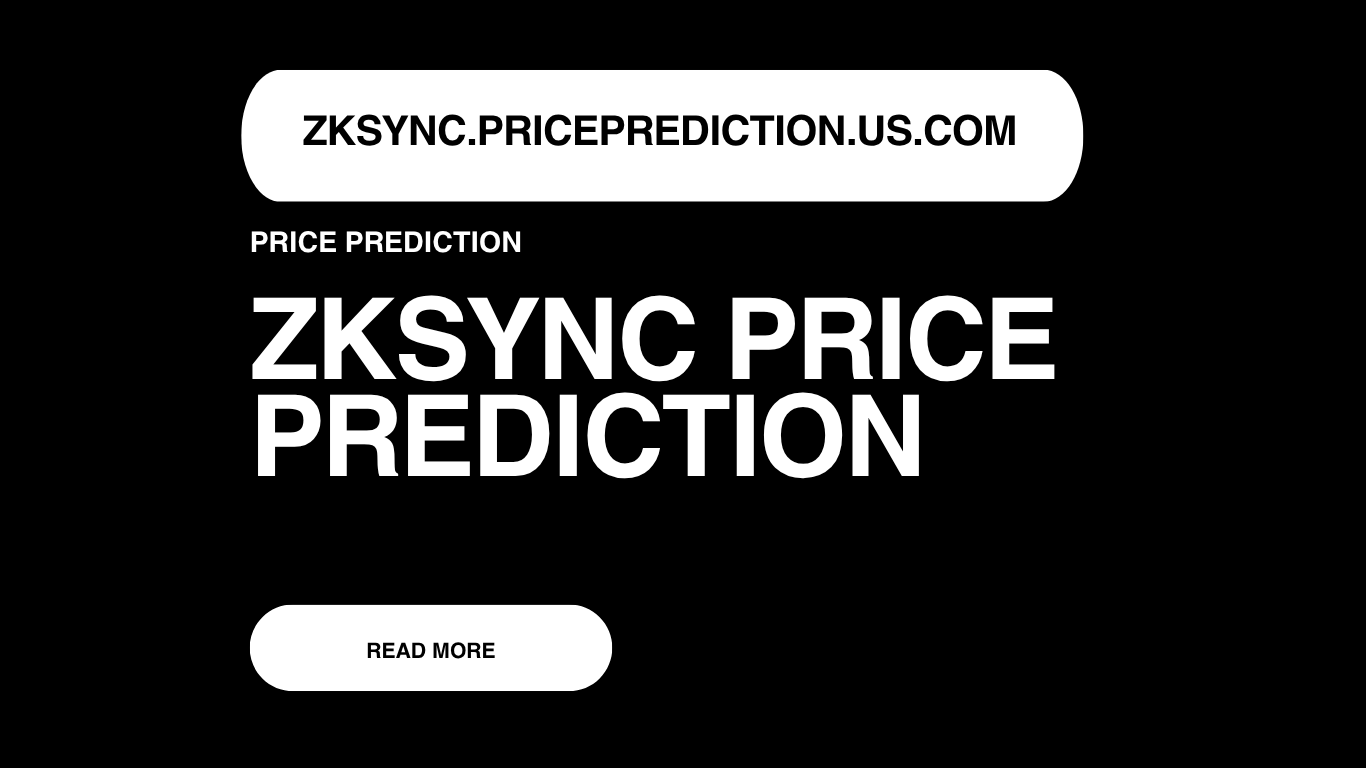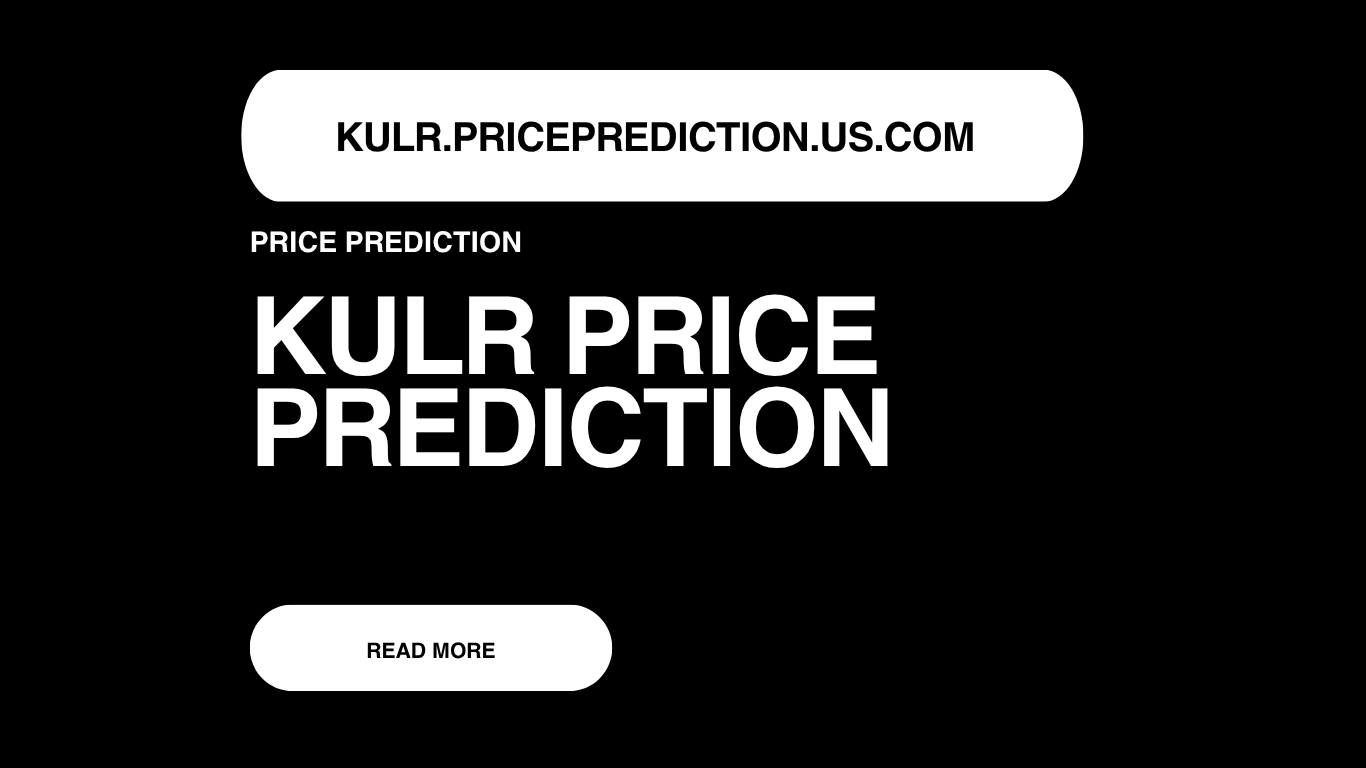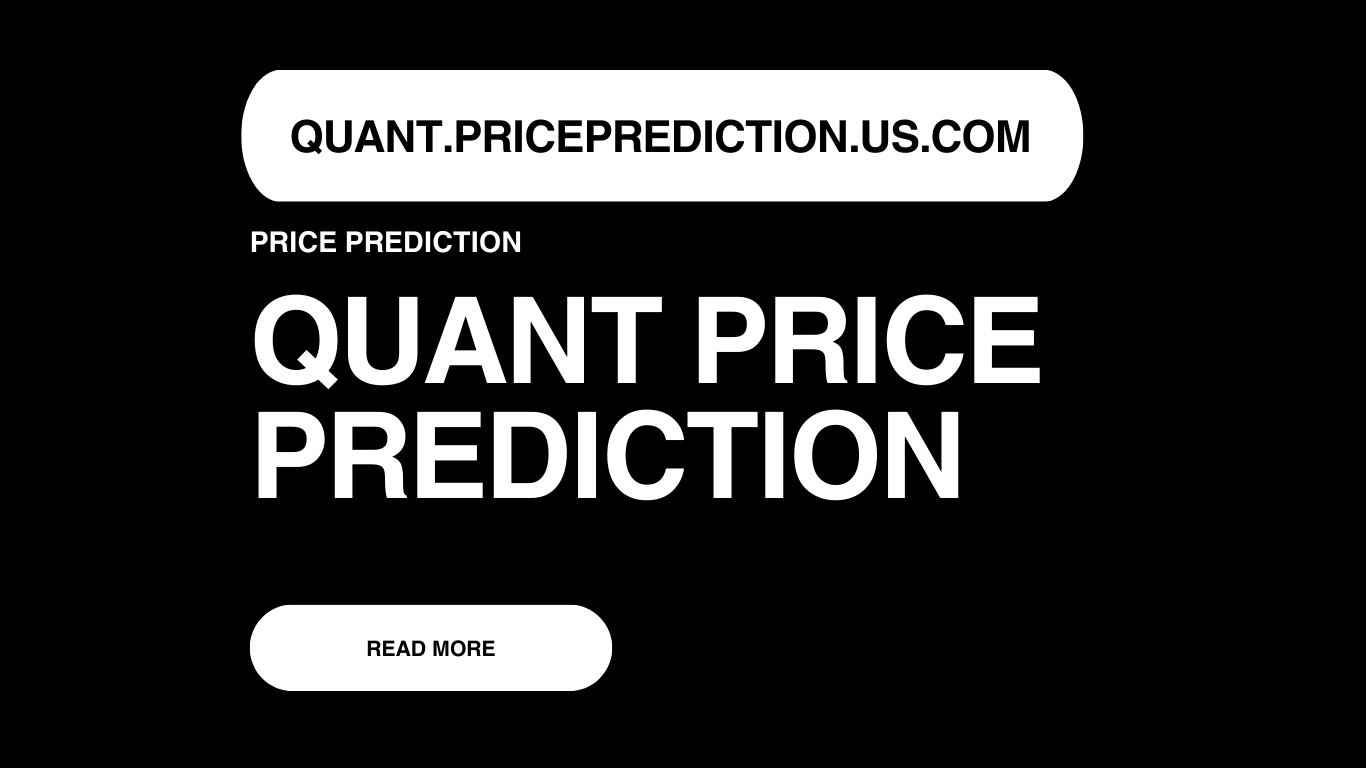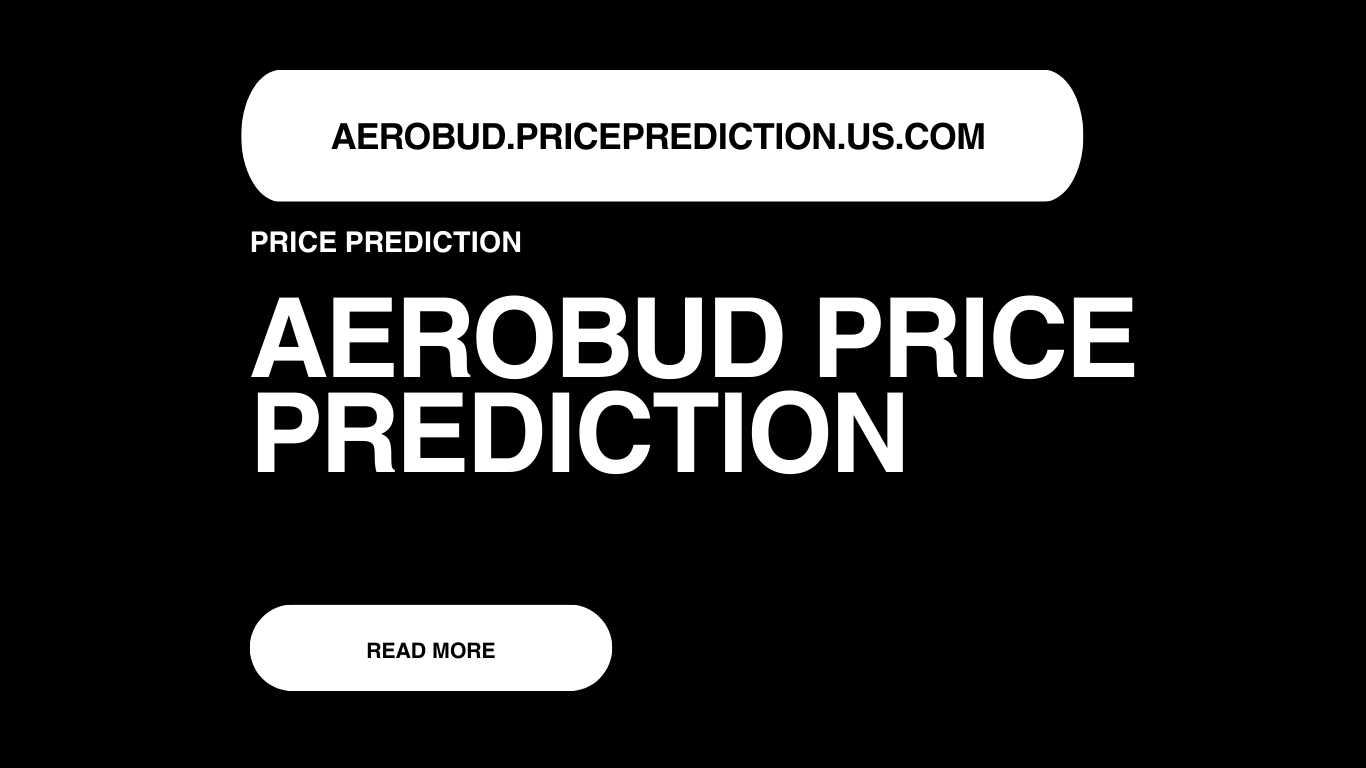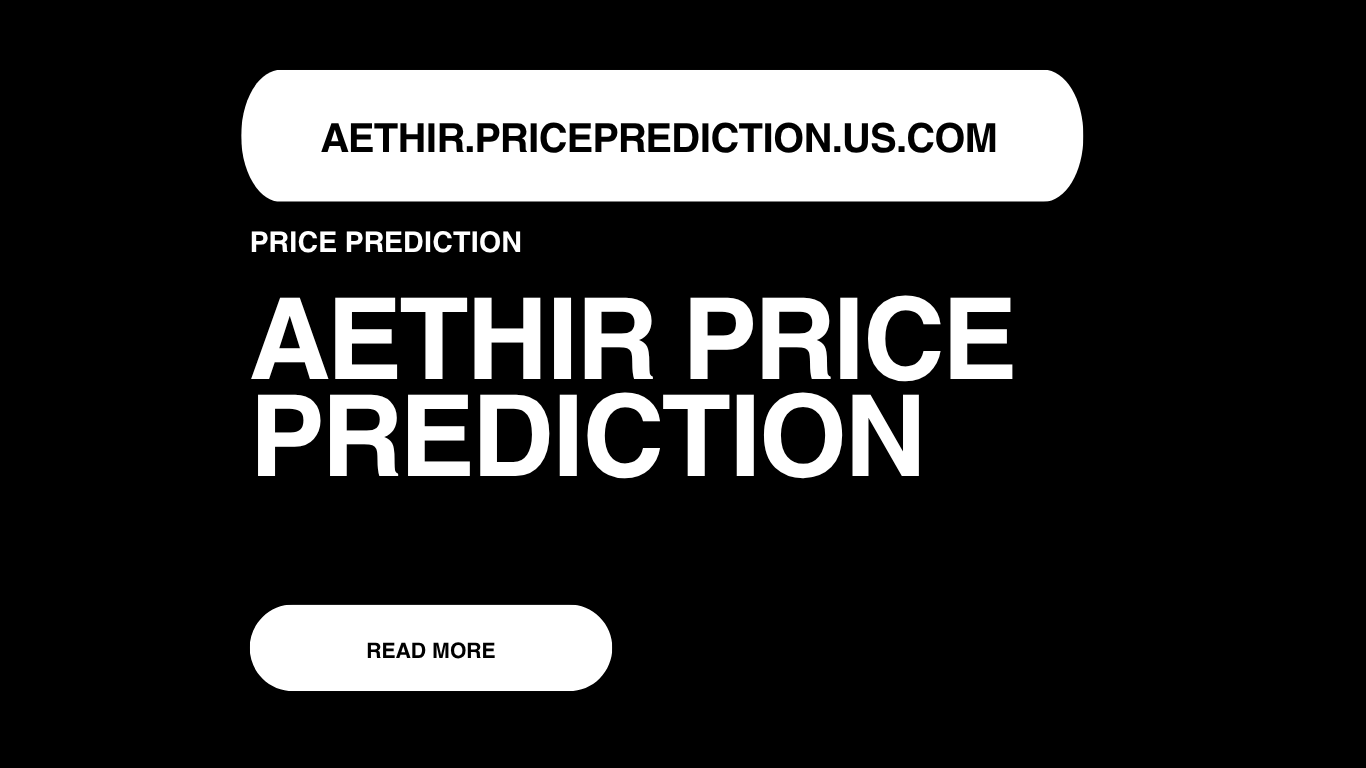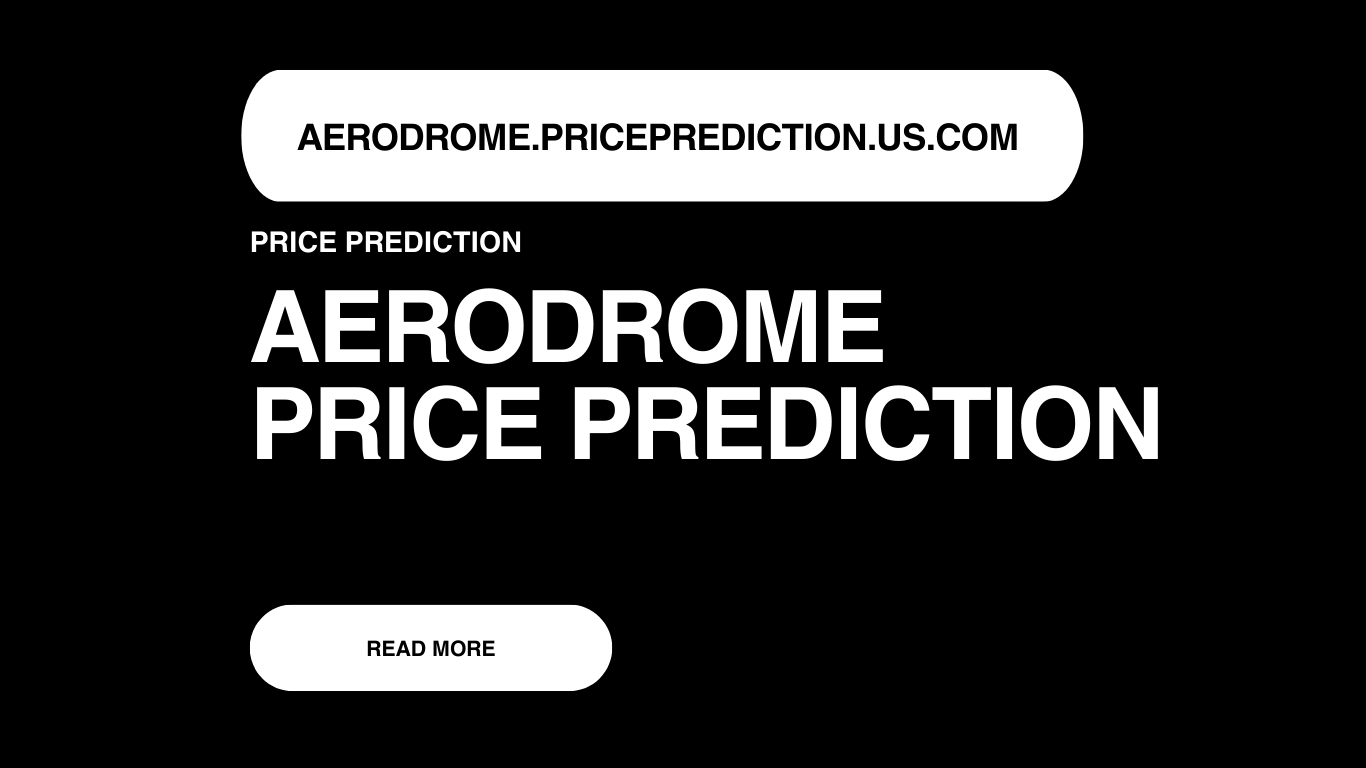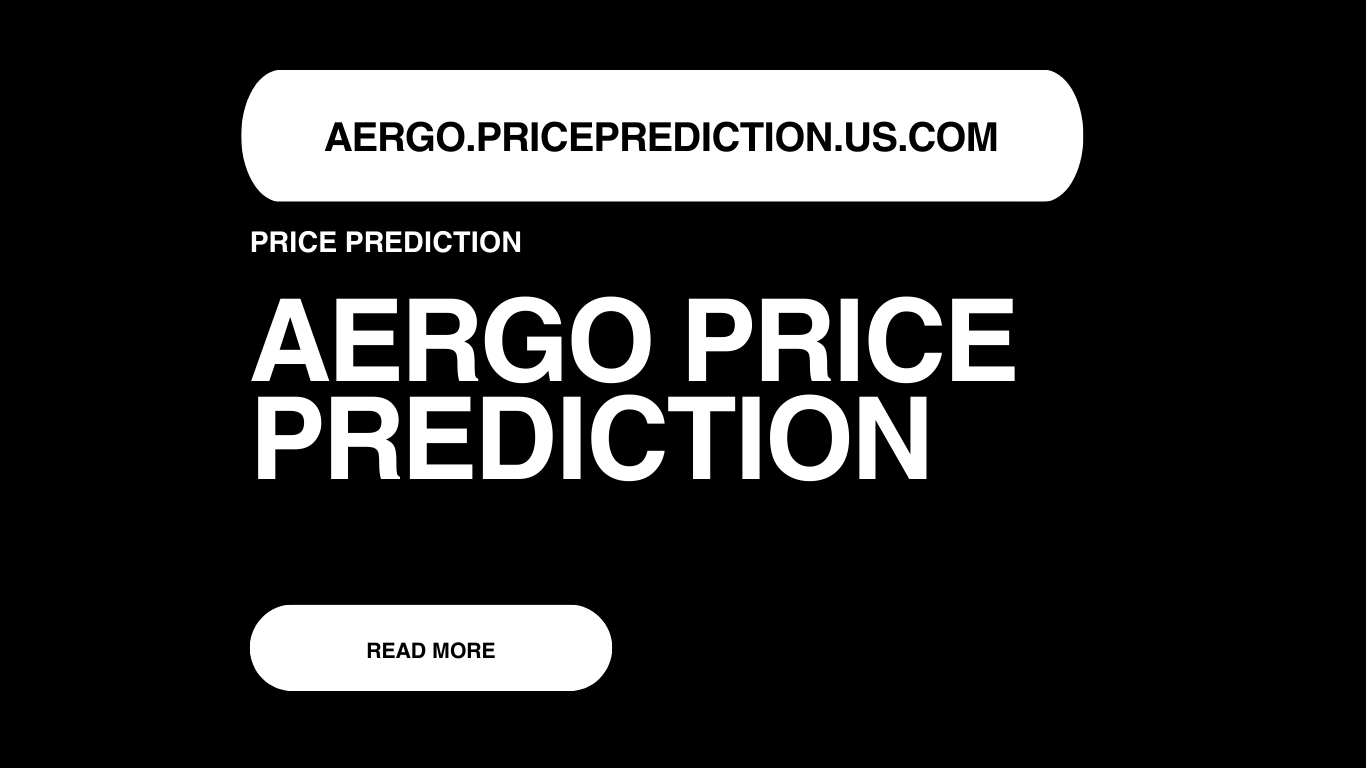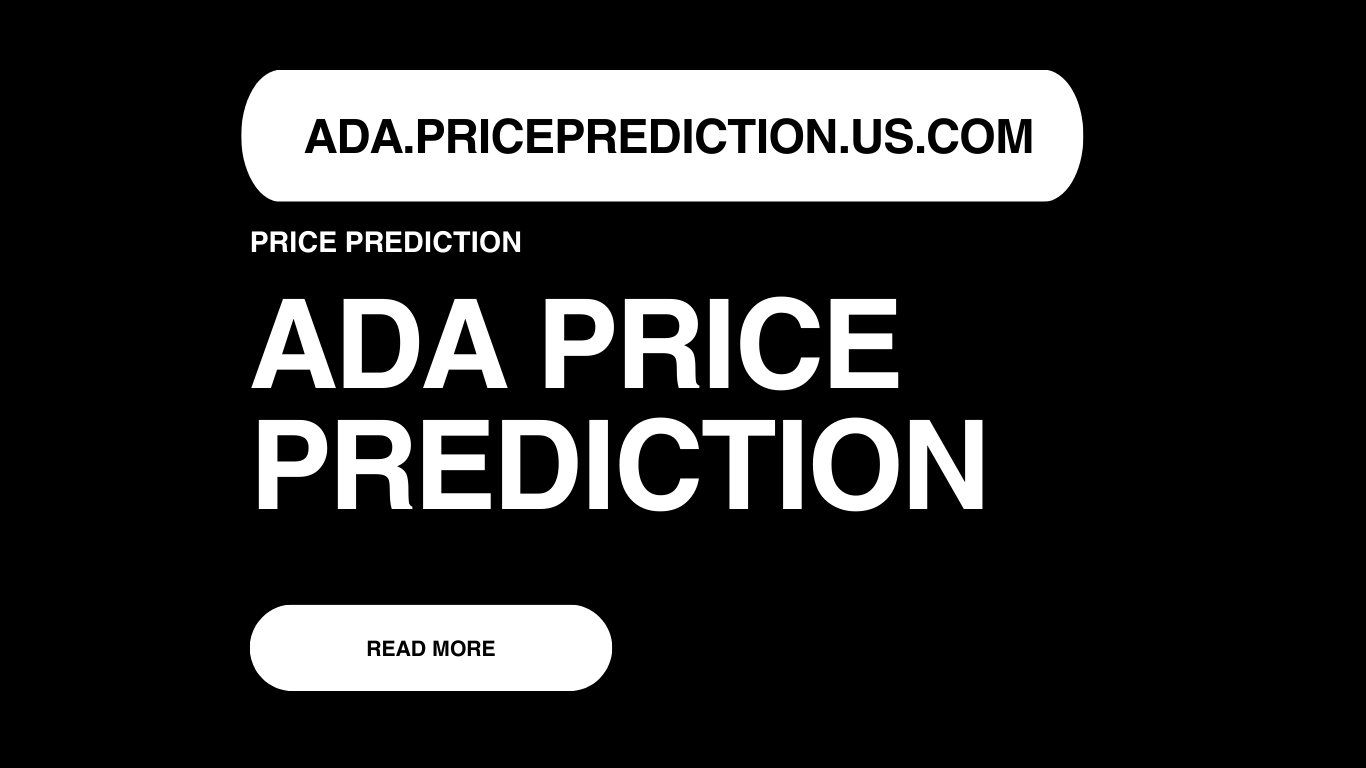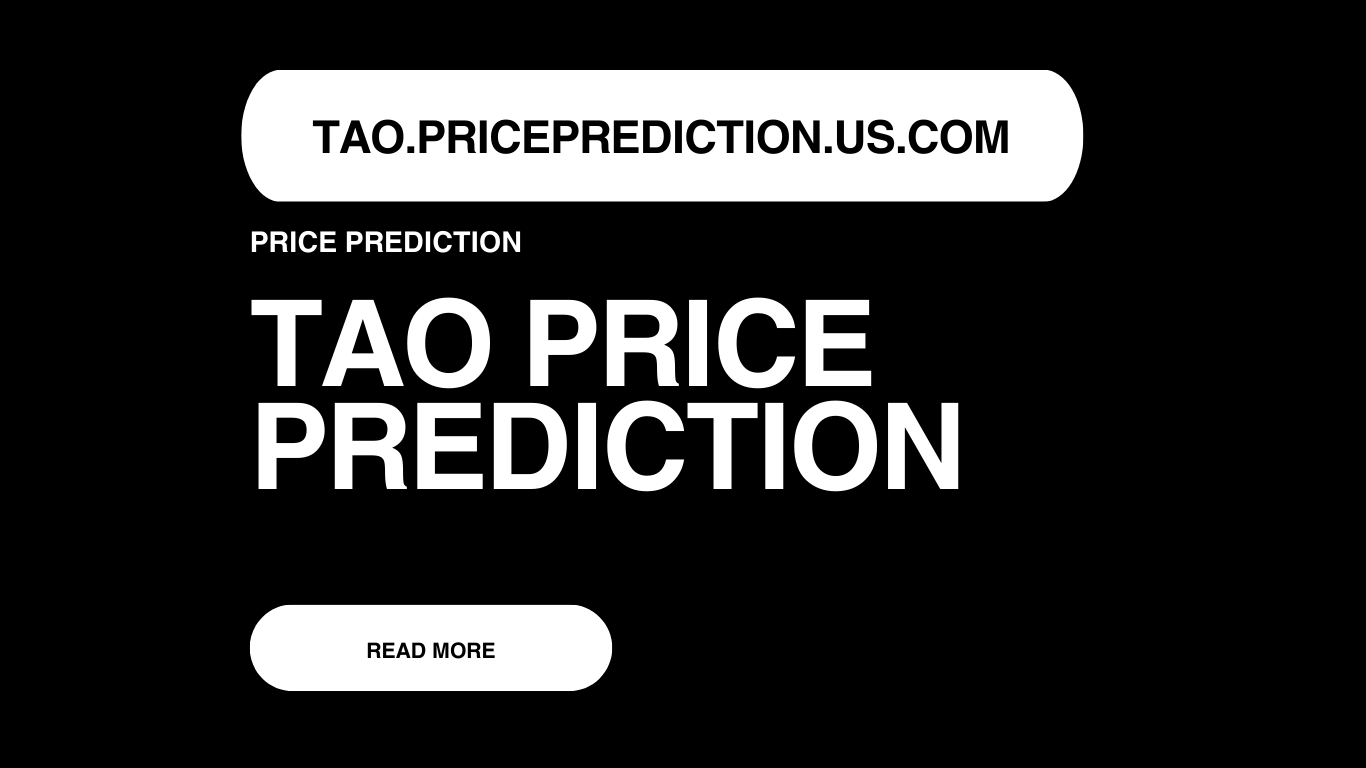Imagine a world where Ethereum is no longer bogged down by high gas fees and slow transactions. That’s the vision zkSync is working toward — and the native token ZK plays a central role in that transformation. In a crypto landscape full of Layer 2 competitors, zkSync stands out with its focus on zero-knowledge rollups and cutting-edge cryptography.
This ZkSync price prediction will explore where ZK could be headed over the next 15 years, looking into technical analysis, future trends, roadmap highlights, and more. Whether you're a long-term investor or just crypto-curious, this guide brings clarity to zkSync’s potential.
Current Price of zkSync (ZK)
As of now, the ZK token is trading with significant fluctuations due to broader market sentiment and interest in Ethereum scaling solutions. Since its recent launch, zkSync has generated both hype and skepticism, making its next moves crucial for its trajectory.
Technical Analysis of zkSync (ZK)
Zksync technical analysis: The ZK token has shown volatility typical of newly launched assets, especially given the intense focus on Layer 2 ecosystems. After its listing, ZK experienced an initial surge followed by healthy consolidation.
From a technical standpoint:
- The Relative Strength Index (RSI) has stabilized around 50, suggesting neutral momentum.
- The MACD indicator suggests potential for short-term bullish crossovers if volume returns.
- The recent price action shows the market is closely watching ZK's development milestones, especially its ability to deliver on scalability promises.
zkSync Price Prediction 2025
By 2025, zkSync could become one of Ethereum’s most trusted scaling protocols. If Ethereum adoption accelerates, zkSync might benefit directly. In that case, ZK could potentially reach $0.85 as the platform matures and on-chain activity increases.
zkSync Price Prediction 2026
With enhanced developer tools and a growing number of decentralized applications using zkSync, the token could see stronger demand. The price may grow to $1.20, assuming continued network upgrades and user acquisition.
zkSync Price Prediction 2027
2027 might be the year zkSync becomes indispensable for low-cost Ethereum transactions. With a maturing ecosystem and strong partnerships, ZK could trade near $1.80.
zkSync Price Prediction 2028
As Ethereum scales further and zkSync strengthens its position among Layer 2s, the ZK token might cross the $2.50 mark. Enterprise adoption could play a major role by then.
zkSync Price Prediction 2029
If zkSync introduces innovations in zkEVM integration and decentralization, the token could rise to $3.10. Market optimism around scalable Ethereum solutions may support long-term bullish growth.
ZkSync Price Prediction 2030
The year 2030 could solidify zkSync as a leading infrastructure player. With advanced ZK tech and interoperability tools, ZK might reach $4.20, reflecting broader trust and mainstream usage.
zkSync Price Prediction 2035
By 2035, with the crypto space deeply integrated into global finance, zkSync could be powering millions of transactions daily. ZK may achieve a valuation of around $8.80, assuming consistent innovation and ecosystem growth.
zkSync Price Prediction 2040
In 2040, zkSync could be a foundational layer of the decentralized internet. If that vision becomes reality, the ZK token might surge to $15.40, especially if Ethereum remains dominant and zkSync stays at the forefront of Layer 2 scaling.
About zkSync
ZkSync is a Layer 2 scaling solution for Ethereum, focused on using zero-knowledge rollups to offer fast, cheap, and secure transactions. It aims to drastically improve the throughput and efficiency of Ethereum without compromising on security or decentralization.
Developed by Matter Labs, zkSync provides developers with tools to build scalable applications using Solidity and other popular programming languages. Its mission is to make crypto accessible to everyone, without the friction of high gas fees.
FAQ
What is zkSync?
ZkSync is a Layer 2 protocol that uses zero-knowledge rollups to scale Ethereum. It offers low-cost and high-speed transactions while inheriting Ethereum's security.
What is the ZK token used for?
The ZK token is used for governance, staking, and incentivizing validators and users within the zkSync ecosystem.
Is zkSync a good investment?
If you believe in Ethereum’s long-term future and the need for scalable infrastructure, zkSync could be a promising investment.
Can ZK reach $10?
Reaching $10 would require massive adoption and integration, but it could be possible by 2040 under highly bullish conditions.
What makes zkSync different from other Layer 2s?
ZkSync is among the first to fully implement zk-rollups, offering fast finality and high security with minimal gas costs.
Bullish and Bearish Patterns
Bullish Patterns
- Surge in Layer 2 adoption.
- Increasing developer engagement.
- Ethereum 2.0 integration and rising gas fees are driving users to zkSync.
- zkSync airdrop buzz is creating hype and long-term holders.
Bearish Patterns
- Fierce competition from Arbitrum, Optimism, and Base.
- Potential delays in delivering zkEVM upgrades.
- Regulatory scrutiny affecting Layer 2 infrastructure projects.
Future Trends for zkSync
- Growing interest in ZK technology across industries.
- Rise of on-chain applications needing low-latency, low-fee environments.
- Possible shift toward modular blockchain architectures, favoring Layer 2s like zkSync.
- Institutional interest in Ethereum scaling could boost zkSync's visibility.
Tokenomics of zkSync (ZK)
- Token Name: zkSync (ZK)
- Total Supply: 21 billion ZK
- Circulating Supply: ~4 billion ZK
- Token Use Cases: Governance, Validator rewards, Transaction fee incentives, Community and ecosystem development
- Token Allocation: 49% Ecosystem and community airdrops, 17.2% Matter Labs (core team), 17.3% Investors, 16.5% Reserves
- Staking Mechanism: To be rolled out for validators securing Layer 2 transactions.
The tokenomics of ZK aim to ensure decentralized governance, sustainable network growth, and long-term participation from both users and developers.
Roadmap
- 2025: Governance setup and ZK token distribution begin.
- 2026: zkSync v2 upgrades focused on performance.
- 2027: Ecosystem incentives launched.
- 2028: Mass adoption of zkEVM-based smart contracts.
- 2029: ZkSync becomes core infrastructure for Ethereum-based apps.
- 2030: ZkSync leads Layer 2 interoperability frameworks.
- 2035: ZkSync is widely used for everyday payments and dApps.
- 2040: Full decentralization is achieved with validator-owned governance.

